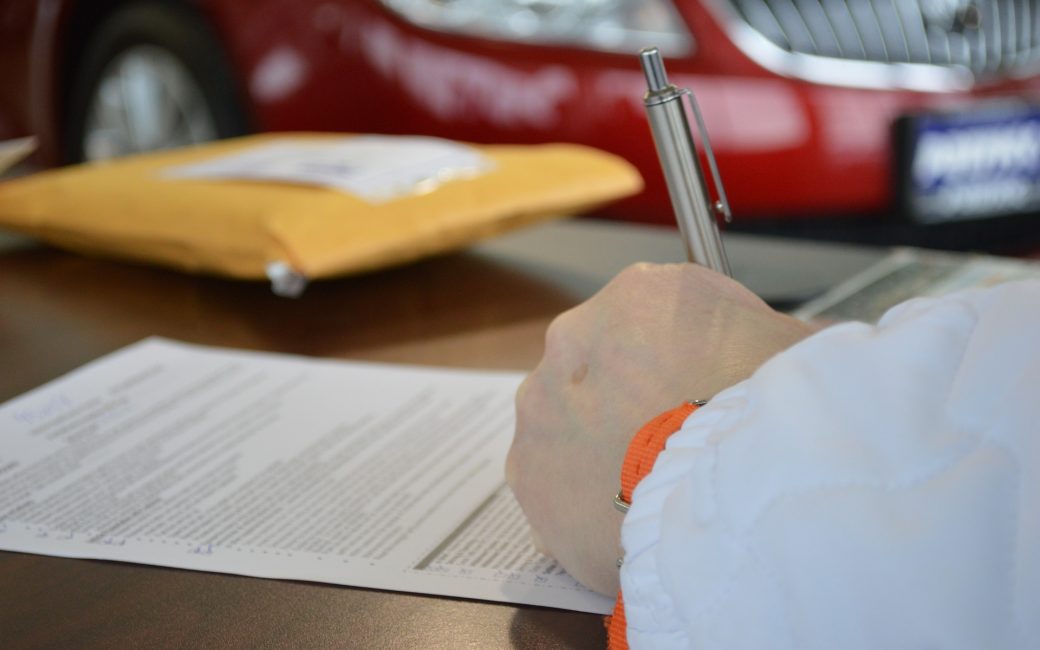Whether you are a real estate agent, an attorney or a businessperson, a notary public can help you get legal documents signed and dated. This is important because the process can help you prove that the documents you are signing were legally binding. In addition to this, a notary public can help you with apostille, authentication and legalisation.
Authentication
Authentication is the process of verifying the authenticity of a signature or seal of a document. Authentication may be required for a number of different reasons. It may be required by a government department, a foreign government, or an establishment. It may also be required if the document is going to be used outside of the UK.
Notaries are lawyers and solicitors who provide authentication services for documents intended for use abroad. They are responsible for verifying the legal capacity of the signer, ensuring that the document has been properly prepared and that the signature is genuine. In some cases, a Notary will also provide an Apostille, which is a certificate that is affixed to the document.
In the United Kingdom, a Notary is usually a solicitor. However, they may also be a doctor, a bank, or a magistrate. The cost of a Notary’s services will vary, depending on their expertise, the amount of work involved, and where they are located.
Legalisation
Authentication by a Notary Public is a legal process. It provides a sense of assurance to the recipient. Notarisation is a process in which a Notary Public will witness your signature and give the document a notarial certificate. Typically, a Notary Public is a solicitor. Notary Public services are widely relied upon throughout the world.
Notaries have long been a key part of the legal community. Before the introduction of ink stamps, the notary’s seal was the main way to certify documents. Notaries are required to keep records for a period of at least 12 years.
Notaries can perform all types of legal work, except litigation. They are regulated by the Courts and Legal Services Act 1990. They must be insured and have high professional standards. They focus on a specific area of expertise.
Notaries are appointed through the Court of Faculties, which was one of the oldest English courts. The Master of the Faculties, who is part of the Faculty Office of the Archbishop of Canterbury, oversees all notaries.
Apostille
Whether you need to certify your electronic or paper documents, an apostille is a good way to ensure they are valid and legal in any country. An apostille certificate affixes an official government stamp or seal to your document and certifies its authenticity.
Apostille was created by the Hague Convention in 1961 to simplify the legalisation of documents. Rather than requiring you to go to the embassy or Consulate of the country you are presenting your document to, you can have your document legalised without leaving the UK.
You can obtain an apostille certificate from the UK Foreign and Commonwealth Office (FCO), which is also known as the Legalisation Office. It is the only competent authority in the UK for issuing Apostilles.
The UK Foreign and Commonwealth Office is located in Milton Keynes. It has a secure database of legal signatories and can legalise any UK document. However, it does not have an exhaustive list of documents which it can legalise.
Fees
Unlike in other countries, Notaries in the UK are not employed by the government. They are self-employed or run notarial companies. They charge a professional fee for their services. Notaries also accept cheques, debit cards, and credit cards. In addition, most Notaries require that payment be made at the time of service.
Notary Public UK fees vary greatly depending on the location. In London, for example, fees can range between PS60 and PS120. In large cities, Notary Public UK fees may vary even more. If you need an estimate, contact the notary in advance to ensure that they can provide one. You may also have to pay the embassy, courier fees, and other third-party costs.
Notaries in the UK charge higher fees than those in other countries, mostly because of the specialized nature of the role. Notaries are also charged more for training and certification, and many are self-employed. Notary Public UK fees can also be more expensive for large transactions, such as a million-pound house sale.

